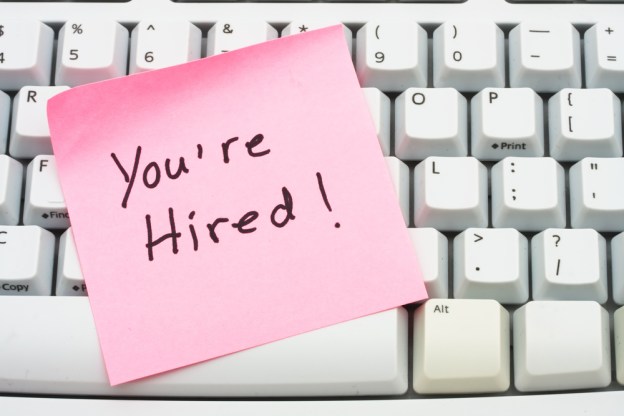
Finding a job is stressful. So if you’re a current job seeker, here’s a word of advice courtesy of a new Facebook study: You are roughly five times as likely to find a job by keeping in touch with close friends, or “strong ties,” than with “weak ties” – people you met once at, say, a mixer.
The Facebook study, which looked at how Facebook members used the social network to bounce back from a job loss, flies in the face of the theory that weak ties are better when it comes to landing a job. Previous academic studies found that weak ties aren’t typically involved in the same social circle that you’re in. Because of this, these weak ties can connect you to a broader group of people, ergo there’s a better chance of finding a job through weak ties than people you already know. But on Facebook, the weak ties theory doesn’t hold up.

Facebook studied 3,000 Facebook users in a span of three months, and observed how users would manage their stress levels following the loss of a job and how they’d interact with friends (of strong and weak ties) when it came to finding a job. The study found that friends and family are far more likely to discuss private details about their jobs – like someone getting fired or leaving the company – than weak ties are. Not only does this allow unemployed people to find out about job openings, but friends and family are also far more likely to help someone they know get the job, the study found. Some might even go out of their way to create an opening for you, by swaying the HR manager, or submitting your resume for you.
In the end, the study found that average users had a 15.6 percent chance of finding a job on Facebook. The unemployed’s chances of finding a job shot up two-fold if they sought out help from their strong ties. People who talked to weak ties more had the hardest time of finding a job, with only 6.5 percent of those users finding a job.
Facebook’s study also found that chatting with friends and family helped alleviate the stress of unemployment (shocker!). However, if a person just lost their job, chatting with gainfully employed friends generally made people feel worse, causing their stress levels to rise significantly. In short, chatting with your friends and family after you lose your job may help you back on your feet more quickly – but you might not be happy about it.
Image via karen roach/Shutterstock
Editors' Recommendations
- How to set your Facebook Feed to show most recent posts
- No more Like button? Facebook is revamping how you’ll use and follow Pages
- Private data of some Facebook and Twitter users leaked through malicious apps
- Mark Zuckerberg is in Washington to get more friends for Facebook
